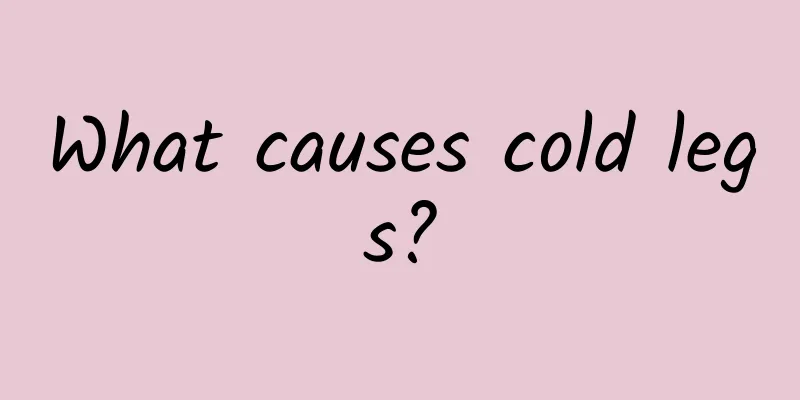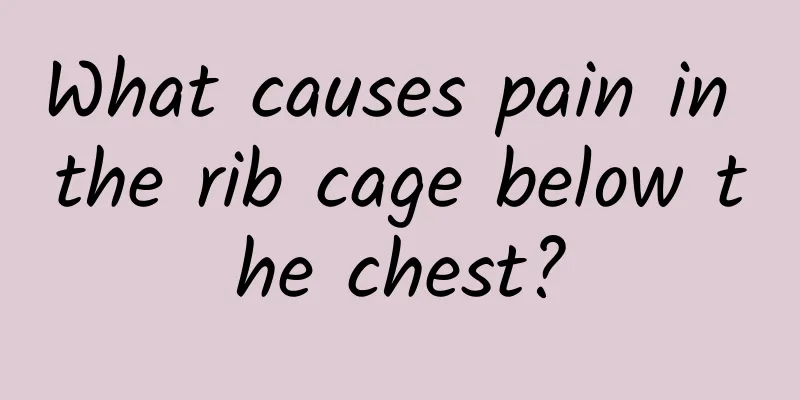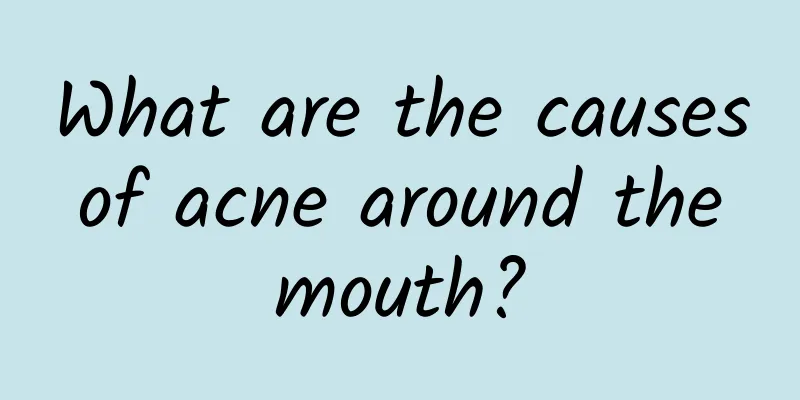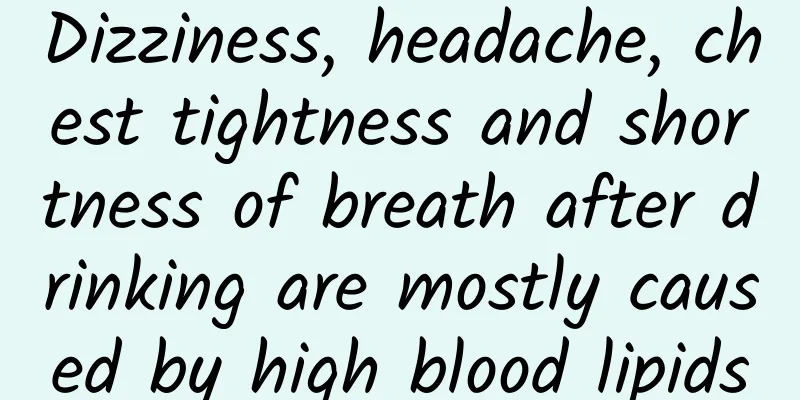TCM treatment of prostatitis

|
Prostatitis is a very common male disease. Nowadays, there are many men suffering from prostatitis, especially middle-aged men. If you suffer from prostatitis, you will have symptoms of frequent urination, urgency, and pain when urinating. These symptoms will have a great impact on men. There are many reasons that can cause prostatitis, especially for people who sit for a long time. Prostatitis must be treated scientifically, especially traditional Chinese medicine is very popular in the treatment of prostatitis. Prostatitis is a common disease of the urinary system. Many men suffer from this disease. The onset of the disease is closely related to bad habits, especially sitting for a long time. Patients should seek treatment as soon as possible. Today we will introduce the method of treating prostatitis with traditional Chinese medicine. Internal treatment refers to oral Chinese herbal medicine. According to TCM syndrome differentiation and treatment, chronic prostatitis is generally divided into five types: 1. The damp-heat stagnation type is mostly the acute attack stage of chronic prostatitis. The treatment principle is to clear away heat, detoxify, promote dampness and drain turbidity. If heat is more severe, use Ba Zheng San with modifications; if dampness is more severe, use Ba Zheng San with elm bark, winter melon seeds, etc. If both dampness and heat are severe, use Sanmiao Pills combined with Biyu Powder with modifications for treatment. You can also use Ba Zheng mixture. However, the above-mentioned heat-clearing and dampness-removing agents should not be taken for a long time or in large quantities, so as not to damage the spleen and stomach, and injure the yin and body fluids. 2. The Yin deficiency and excess of fire type is manifested by frequent masturbation, excessive sexual intercourse, sore waist and weak legs, general fatigue, fever in the five parts of the body, white drops of urine, constipation, and short and dark urine. The principle of treatment is to nourish kidney yin. Liuwei Dihuang Pills are often used with modifications. 3. Kidney Yang deficiency type is characterized by frequent urination, white discharge from the urethra, cold body and limbs, distension and discomfort in the lower abdomen and perineum, damp and cold scrotum, premature ejaculation, spermatorrhea, and dizziness. The principle of treatment is to warm and tonify kidney yang. Guifu Bawei Pills are often used with modifications. 4. Patients with Qi stagnation and blood stasis type have a long course of illness and are difficult to cure. Symptoms include discomfort and pain in the lower abdomen, perineum, lumbar spine, and urethral stinging. The principles of treatment are to activate blood circulation, transform qi, and remove stagnation. Fuyuan Huoxue Decoction is often used with modifications. 5. The deficiency of Qi in the middle part of the body is characterized by long and clear urination or frequent urination without pain, white drops of urine at the end, distending pain in the perineum, fatigue, shortness of breath, laziness to speak, and poor appetite. The principles of treatment are to tonify the middle and replenish Qi, raise the clear and lower the turbid. Buzhong Yiqi Decoction is often used with modifications. External treatment is a non-oral drug treatment method, which is often an auxiliary treatment of oral Chinese medicine. There are mainly the following types. 1. There are two groups of acupoints commonly used in acupuncture therapy. The first group includes Guanyuan, Bladder Shu, and Hegu points; the second group includes Zhongji, Shenshu, and Chize points. The two groups of acupoints are used alternately; once a day or every other day, each time for about 15 minutes, and ten times as a course of treatment. Acupuncture of these acupoints has the effects of tonifying the kidney, promoting diuresis, regulating qi and activating blood circulation. During treatment, moderate intensity stimulation is used, using lifting, inserting and twisting techniques. It is best if the patient feels a sore and swollen feeling at the glans penis or urethral opening when acupuncture is performed at the Guanyuan and Zhongji points. 2. For the type of kidney yang deficiency, select acupoints such as Shenshu and Sanyinjiao for moxibustion; for the type of insufficient middle qi, select acupoints such as Pishu, Shenshu, Zusanli, Qihai, etc. for moxibustion; for the type of qi stagnation and stasis, select acupoints such as Xuehai, Qihai, Yanglingquan, etc. Each moxibustion session lasts about 20 minutes, or acupuncture first and then moxibustion, or acupuncture and moxibustion can be used alternately every other day. 3. Ginger moxibustion: Take fresh ginger, slightly cut off the ginger skin on both sides, place it one centimeter away from the sacrum, two pieces on each side, or place it on the Qugu and Zhongji points, and put moxa on it and moxibustion three times. 4. Prostate massage 5. The difference between sitz bath therapy and western medicine is that the second and third decoctions of oral medication can be used for sitz baths. You can also use a special Chinese medicine decoction for sitting bath. The prescription is: 20 grams of Houttuynia cordata, 10 grams of Portulaca oleracea, 20 grams of Salvia miltiorrhiza, 10 grams of Red Peony Root, 10 grams of Lithospermum officinale, 10 grams of Oldenlandia diffusa, and 20 grams of Wild Chrysanthemum. Decoction of juice 1500 ml, sitz bath 1-2 times a day, each time for 30 minutes. 6. Recipe for Chinese herbal decoction for retention enema: 20 grams of Patrinia scabra, 10 grams of Houttuynia cordata, 10 grams of Smilax glabra, 10 grams of Rhubarb, 20 grams of Salvia miltiorrhiza, 10 grams of Zedoariae rhizome, 12 grams of peach kernel, 20 grams of red peony root. Add 500 ml of water and boil the juice to obtain 150-200 ml. After it is warm, retain the enema once a day. You may want to learn more about the treatment of prostatitis with traditional Chinese medicine. After all, the existence of prostatitis will affect our normal life, especially the normal life of the couple. Although sometimes some elderly people suffer from prostatitis and do not take it seriously, if it is not treated in time, it will cause some other complications and will also be transmitted to his wife. |
<<: Treatment of myasthenia gravis
>>: Chinese medicine treats tumors
Recommend
What happens if missing teeth are not replaced?
Many people, after losing a tooth, mistakenly bel...
What are the stages and clinical manifestations of internal hemorrhoids?
Internal hemorrhoids are the most common and high...
What are the ways to improve hair loss?
When people reach a certain age, they will start ...
How long does it take for pregnancy vomiting to go away?
In the early stages of pregnancy, the symptoms of...
How to treat yellowing of the front half of fingers
The front half of the fingers appears yellow, whi...
What is the problem of blisters in the vagina? How to treat vaginal blisters?
If there are blisters at the vaginal opening, it ...
Can sweating excrete uric acid?
Many people mistakenly believe that uric acid can...
The dangers of orthodontic tooth extraction
Teeth are a very important part of our human body...
What should you pay attention to when you have cerebral infarction? These four points should be kept in mind
Clinically, after people suffer from cerebral inf...
What is the difference between yellow gelatin and donkey-hide gelatin
Both donkey-hide gelatin and yellow gelatin are v...
The efficacy and function of sweet potato leaves
Sweet potato is actually sweet potato, also calle...
What to do if your child's eyelashes grow inward
It is quite common for eyelashes to grow inverted...
How are blackheads formed?
Blackheads are also called blackheads. They are a...
Causes of creases on earlobes
Creases on the earlobes may be a normal physiolog...
Children's Yanbian Granules
Although many mothers prefer physical therapy whe...









